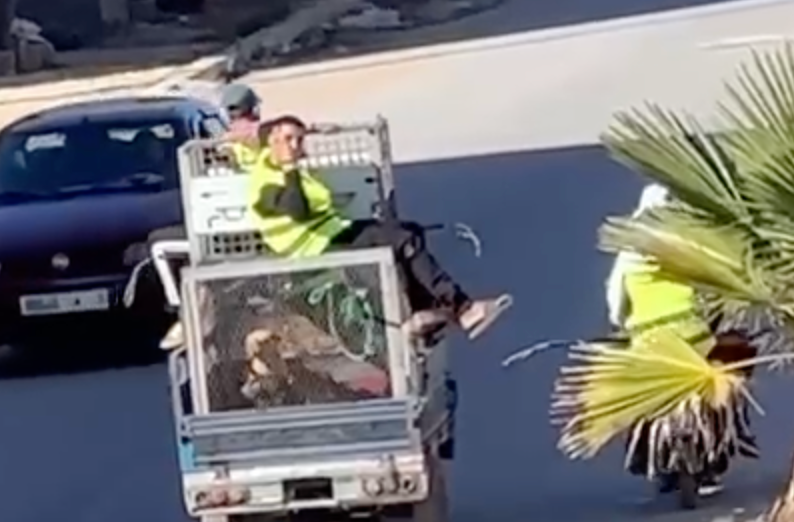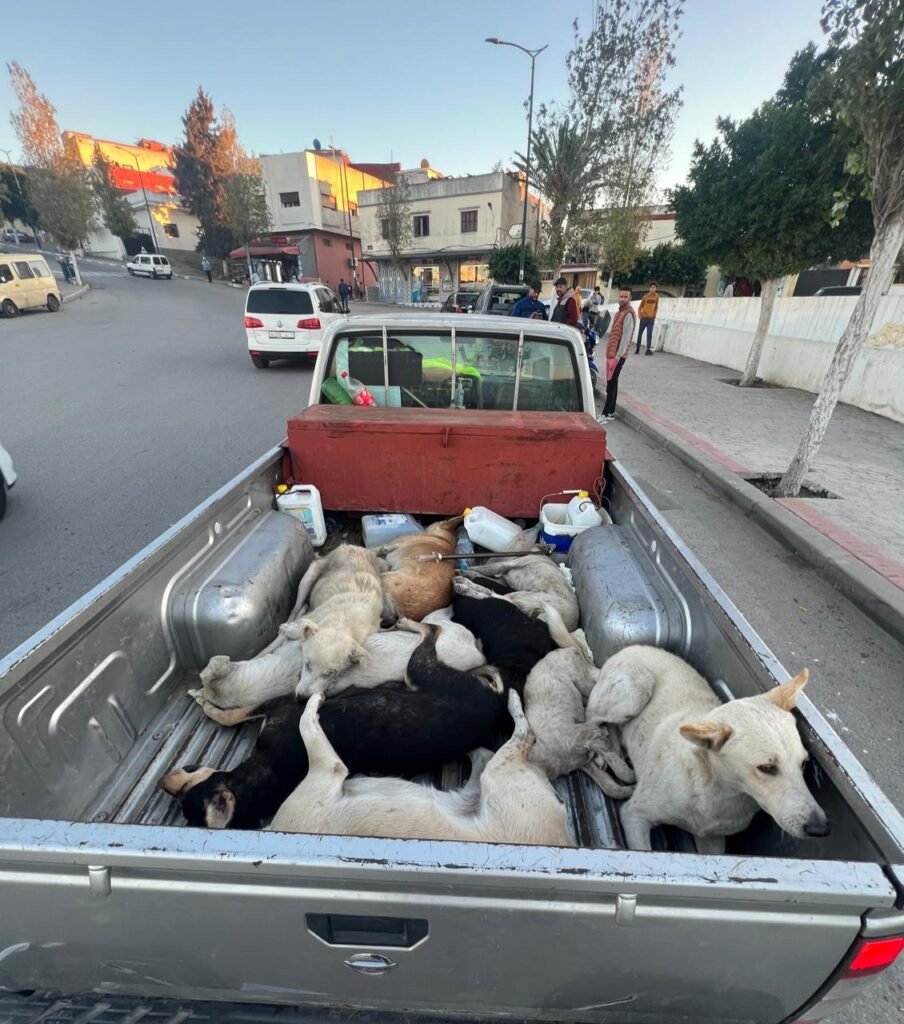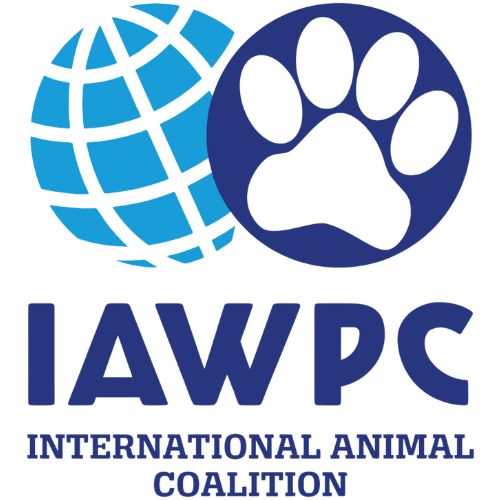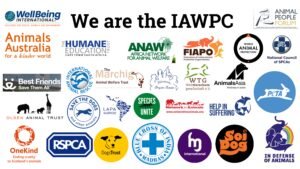A devastated Moroccan woman has spoken out about the horrific killings of stray dogs taking place in her hometown, as authorities ramp up efforts to “clear the streets” ahead of the 2030 FIFA World Cup.
The brave woman, who has chosen to remain anonymous due to fear of retaliation from local authorities, has described in harrowing detail the trauma she has endured after witnessing the brutal slaughter of dogs—some in front of children—outside her home in Kenitra.

“What I saw… I’ll never forget it,” she told the International Animal Welfare Protection Coalition (IAWPC). “Men in uniforms were chasing dogs, dragging them, grabbing tiny puppies by their back legs like garbage. I saw them swing them around and throw them into a truck. It was beyond cruel.”
The testimony paints a deeply disturbing picture of a growing pattern of animal violence in Morocco, one that activists say is intensifying as the country prepares to co-host football’s biggest tournament in five years.
According to the IAWPC, an estimated 3 million dogs could lose their lives in the run-up to the World Cup as municipalities crack down on stray animals- some of whom have already been vaccinated and tagged by individuals and sanctuaries.
This woman’s story stands as a powerful account of what animal welfare groups call a “systemic failure” by local authorities and international sporting bodies to protect animal life—and the psychological well-being of communities witnessing the violence.
“I believed them when they said the dogs were going to a sanctuary,” she said, recalling a local official’s reassurances. “But later I saw videos—dogs were locked up, terrified, and then poisoned. By a vet.”
For this witness, the trauma has been life-altering. She suffers from bipolar disorder and says the brutal scenes sent her into a psychological tailspin that left her housebound for three months. “I lost my energy. I lost my strength. I lost myself,” she said.
Even her psychiatrist observed a dramatic change in her mental state. “You’re not the person you were before,” she was told. “You’ve changed.”
And she’s not alone in fearing the broader consequences.
The IAWPC has warned that children who grow up witnessing such violence are at risk of lasting psychological harm. Just last week, a widely shared social media video reportedly showed young boys torturing dogs, cats and donkeys —a sign, the group says, of a culture desensitised to cruelty.
“Is this what we’re teaching our children?” the woman asked. “When they grow up watching stray dogs and cats being killed in the streets like it means nothing, what do we expect? Of course they’ll do the same—and worse. We’re not raising children… we’re creating future psychopaths.”

Her concern goes beyond the dogs. She says the crackdown has extended to some of the most vulnerable in society, including mentally ill individuals living on the streets who have now vanished. “Maybe they were moved to small towns, maybe worse,” she said. “But I don’t see them anymore. And it terrifies me.”
Despite multiple pleas to local and international organisations, she says she received little more than silence. “They did absolutely nothing to stop the barbaric culling,” she said. “Even the tagged dogs—the ones who were supposed to be protected—are being slaughtered without mercy.”
Les Ward, chairman of the IAWPC called on both FIFA and the Moroccan government to take immediate action.
He said: “This woman’s courage in speaking out highlights the deeply traumatic reality millions are facing—both human and animal.
“The violence is real! The trauma is real! The future soul of Morocco is on the line.
“The ongoing culling of dogs across Morocco is not only a moral and ethical outrage, but a danger to public mental health, particularly for children who are growing up witnessing acts of violence without consequence.
“We urgently call on FIFA to uphold its responsibility as a global institution. It must ensure that the 2030 World Cup does not come at the cost of animal welfare and human dignity. We also urge the Moroccan authorities to cease these killings immediately, and implement lasting, humane animal protection laws before it’s too late.”





